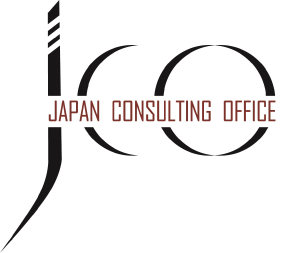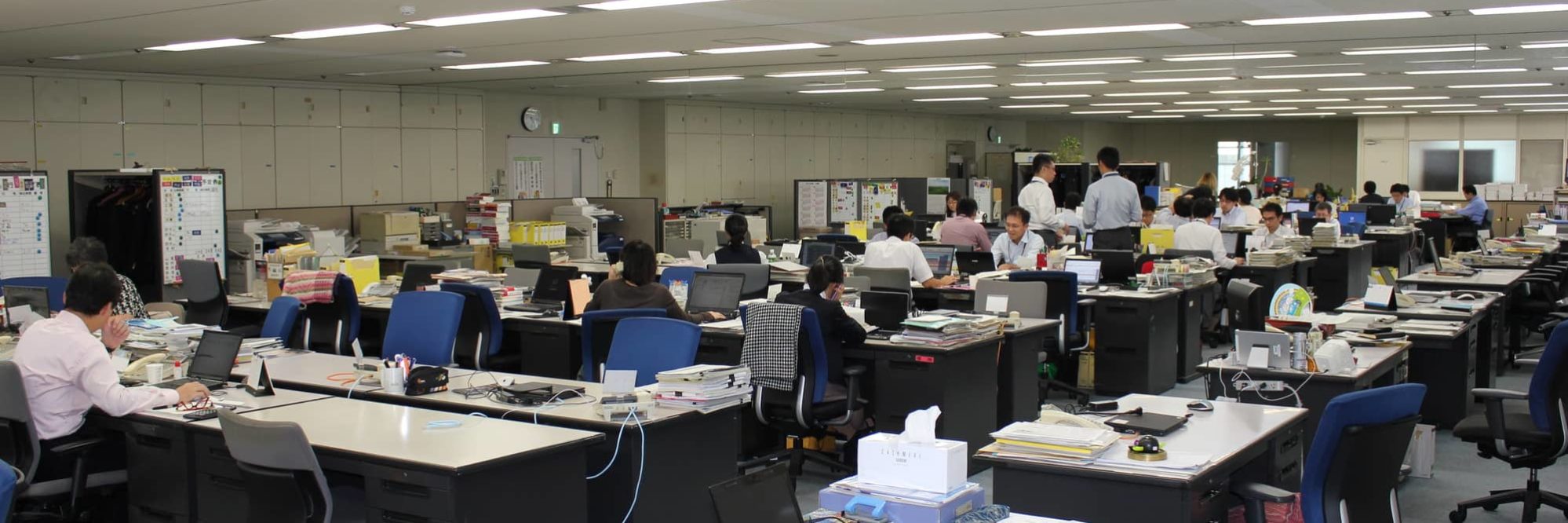Current Situation and Analysis
One of the questions we often receive from our customers is about the “localization” of Japanese companies.
While the prospects of global markets remain unclear, with what seems to be a limit in the growth of the Japanese market, many Japanese companies put a lot of emphasis on overseas business.
Promoting localization by appointing local staff on important assignments at overseas offices sometimes leads to difficulties in communication with the head office in Japan. However, it also has several advantages like the higher motivation of local staff and eases to enter local markets.
Advantages of localization (examples):
・Increased motivation of local staff
・Accelerated decision making by a delegation of power
・Prompt response to changes in local markets
・Creation of products and services that match local needs
・Breakaway from the high-cost structure of having many Japanese expats.
Percentage of Japanese Expats in Management Positions
Several research results show that many Japanese companies still manage their overseas subsidiaries mainly through their Japanese expats.
A survey conducted by Japan Overseas Enterprises Association (JOEA) in 2012 to its member companies, showed that as many as 71% of the companies’ overseas subsidiary Presidents were Japanese. 29% were non-Japanese Presidents, which was a hike from the 24% of two years before. However, out of the companies that said they experienced difficulties with non-Japanese Presidents, 72% said that communications with the head office were the difficult part, while 34% said that they find it difficult to share the management philosophy of their company with non-Japanese Presidents. In his thesis, A Comparative Analysis of International Human Resource Management: From the View Point of “Multi-national Internal Labor Markets”, Mitsuhide Shiraki, Professor of the Faculty of Political Science and Economics at Waseda University also wrote that a survey showed that the percentage of Japanese Presidents and General Managers at overseas Japanese companies and branch offices were 88.7%, while the percentage of local staff in the same position was 9.3%. The survey, which Shiraki also took part in, was carried out in October 2004 by The Japan Institute for Labour Policy and Training (JILTP), which is managed by the Ministry of Health, Labour and Welfare. Even when Japanese companies appoint a non-Japanese staff as management, they often have a Japanese “Advisor” on the side, keeping core management work in expat hands.
Cost of Japanese Expats
There are also considerable cost burdens to send Japanese expats abroad. Many Japanese companies employ a double payroll system, where expats receive both a “Domestic salary” and an “Overseas salary”. Those who work abroad leaving their family behind may get an allowance to cover household expenditures in Japan, while those who take their family along could receive a family allowance apart from their regular salary. Many receive the regular bonus granted to staff in Japan.
Due to such a salary structure, the cost incurred to send Japanese expats abroad is very high, and many Japanese companies are finding it increasingly difficult to afford it.
Drop in the Number of Candidates
In recent years, it was found that fewer and fewer Japanese company workers want to take on overseas assignments, due to reasons such as children’s education, disadvantages in building up personal assets, or because of fear that they will not be able to keep up with the latest technical information or information on company management.
The drop in Japanese workers willing to transfer abroad indicates that there is an even stronger need to appoint local staff in various positions at overseas Japanese subsidiaries.
How to Promote Localization (Difference in Japanese and Western Management Styles)
It is often said that local staffs’ discomfort towards Japanese management and human resources system is to be blamed for the delay in localization and that the solution is to adapt the Japanese system into local ways. Based on the concept of cultural context by anthropologist and cross-cultural researcher Edward T. Hall, Japan is placed as high context and Europe and America as low context societies.
Shiho Nakamura, associate professor of Ritsumeikan University and specialist on human resource management, mentioned in her thesis The localization of human resources in Japanese overseas subsidiaries – from the aspect of human resource management by headquarters -, an argument that management at overseas subsidiaries of Japanese and western countries differ because of this difference in cultural context, and that it gives adverse effects to successful localization.
In Japan, when information needs to be processed by an individual or organization, it is done in such a way that the capability to process the information is strengthened, rather than by complicating the system, according to the thesis. Thus in Japan, employees must constantly program new information, almost manually or in very labor-intensive means, which requires complete involvement of the individual. In contrast, in the west, the system is made to grow big and complex, by such means as machinery or extensive manuals, in order to strengthen its information processing capacity. The fact that Japanese companies manage overseas subsidiaries directly through their (many) Japanese expats, and that western companies tend to manage their overseas subsidiaries indirectly using detailed manuals, can perhaps be explained by this difference in context.
How to Promote Localization (By Detailed Manuals?)
From the above arguments, some researchers have suggested that Japanese companies should produce official manuals by subdividing the overseas subsidiaries’ duties, and that would help reduce the number of Japanese expats in that subsidiary.
Manuals to be produced include, for example, the following:
・Standardized production system and management
・Standardized operating system
・Standardized product specification and quality
・Standardized accounting method and policy
Standardizing duties has the advantage that it can also be used as a tool for “management by objective” to evaluate employee achievements.
Hybrid Style Management (Which Japanese-Style Management Should You Keep?)
Even if Japanese companies employ western schemes such as manual production in order to localize, it is often said there are many superior points in Japanese management and communication styles that even western companies should adopt. While some styles, like the tendency for Japanese workers to act as a group, may not suit western people, we at Japan Consulting Office believe that the following positive Japanese-style management and communication systems should be kept at overseas subsidiaries of Japanese companies to manage in a “Hybrid style” – where, both the positive aspects of Japanese and western management styles are kept intact.
・Emphasis on human resource management
・Strong feel of community and the principle of equality
・Wide possibility of transfer and many opportunities for training
・Promotion from within and job security
・Information sharing and worker participation in management
Additional Advantages of Multinational Companies
The Aforementioned researcher Nakamura also wrote that when localization is slow, it means that the advantage of multinational companies – where resources both at the original and local countries can be used – is not used in full.
Japanese companies are often good at making use of low-cost labor and raw materials of countries such as in South-East Asia, however not necessarily successful in making the best use of white-collar workers like competent managers or technicians, she wrote.
A new human resource strategy could be established to ask such talented persons to work, not only at the subsidiary where he was employed but also at the head office and other locations. Schemes like trainee or inpatriate programs (where local staff go and work with head office staff on a project base for example,) or a global human resources management system, can help the optimal use of human capital at a global scale.
Japan Consulting Office wishes to keep thinking about such important matters as above with and for Japanese companies.






